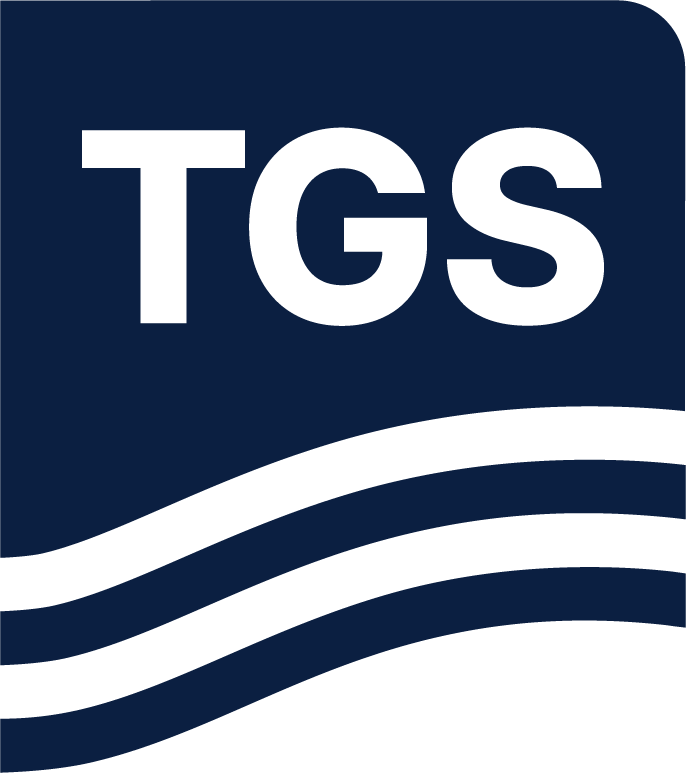ASKER, NORWAY (17 November 2015) - In order to further improve organizational efficiency and competitiveness TGS is implementing global cost reduction and efficiency plan. Furthermore, the value of selected MC surveys will be written down to reflect more cautious market assumptions.
As advised in the 3Q report, TGS has in view of the weak market conditions continued to review its cost base, this with the aim of identifying organizational efficiencies, improvement potential and cost saving opportunities across all business units and levels. On the back of the review TGS will implement a number of measures and changes that will further improve the company's competitiveness and support operational cash flow.
As a result of the above, TGS' global workforce will be reduced by approximately 130 people, corresponding to around 16 per cent of the total workforce. This will reduce operating expenses by approximately USD 13 million per annum from the beginning of 2016. A restructuring cost of USD 8 million will be charged to the accounts for Q4 2015. This was a very difficult decision and we are committed to assure that the employees leaving the company through this necessary action will be treated with dignity and respect in accordance with TGS' values.
Furthermore, TGS has also chosen to adopt more prudent assumptions with regards to the length of the downturn in the evaluation of the multi-client library. These assumptions are influenced by recent statements made by large oil companies regarding reductions in E&P budgets not only for 2016 but also for 2017 and beyond. The revised assumptions will lead to total impairments for selected surveys of approximately USD 150 million to be recognized in the Q4 2015 accounts.
The impaired surveys account for approximately 10 per cent of the total number of surveys in the balance sheet. Hence, despite the adjusted assumptions, the vast majority of the projects in TGS' library still have net book values that do not warrant impairment.
The impaired surveys, which were all acquired during the peak of the market with substantially higher cost levels than seen currently, fall into two categories:
Projects in frontier areas where demand deterioration has been greater than the general market demand trends.
Projects in areas with greater political and regulatory risk, which typically have attracted lower customer interest in the current challenging market.
"Although the TGS library continues to perform well compared to the industry, we have chosen to take a cautious view when evaluating the net book values. The cost of shooting the same seismic today is dramatically lower than two to three years ago and this has of course played a role in our assessment," says Robert Hobbs, CEO of TGS.
As announced in October, TGS has received commitments of a Revolving Credit Facility (RCF) of minimum USD 75 million (up from USD 50 million under the existing facility). Closing of this facility is expected to take place within the next two to three weeks.
With the initiatives and measures described above TGS is well positioned to further enhance its position as the world's leading multi-client geoscience data company. As during previous market down-turns, TGS' unique asset-light business model combined with a robust balance sheet enables it to increase market share, both through organic and inorganic investments, forming the basis for continued long-term value creation and growth.

